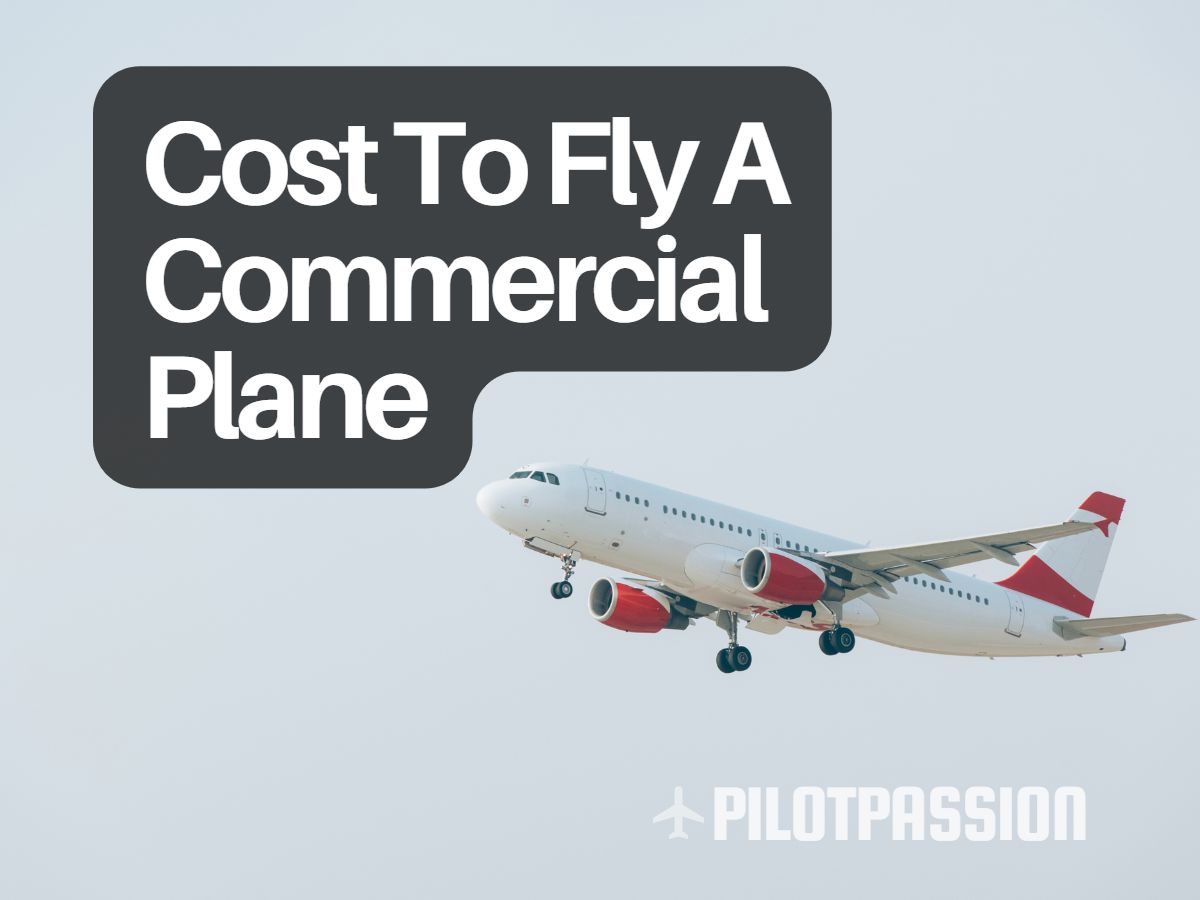Commercial air travel, vital to global connectivity, involves intricate and significant operational costs. These costs are influenced by factors like aircraft type, travel distance, and airline-specific operational expenses.
Let’s get into it!

Table of Contents
Operating Costs of Commercial Aircraft
The financial burden of operating a commercial aircraft is multifaceted, with expenses ranging from fuel and maintenance to crew salaries. It ain’t cheap!
Fuel Costs
Fuel expenditure represents one of the largest variables in operating costs. For example, fueling a commercial airliner can cost between $20,000 to $250,000 per flight, with larger aircraft incurring higher costs due to greater fuel requirements.
Maintenance and Repairs
Regular maintenance ensures aircraft safety and efficiency, but it also accounts for a significant portion of operational expenses. Costs vary widely based on the aircraft’s age, type, and usage, with older models typically requiring more upkeep.
Crew Salaries
Crew costs, including salaries for pilots, flight attendants, and support staff, are another major operational expense. These costs are determined by factors such as experience, rank, and the airline’s pay scale.
Aircraft Acquisition and Depreciation
Purchasing new aircraft involves substantial capital, with prices ranging from $89.1 million to $442.2 million. Depreciation of these assets over time also affects airlines’ financial statements and overall costs.
Airport Fees
Airlines pay various fees for using airport facilities, including landing fees, gate fees, and charges for using airport infrastructure. These fees can significantly impact the cost of operations.
Insurance
Insurance premiums, covering liabilities and potential damages to aircraft, represent another essential cost. Rates depend on the fleet size, aircraft type, and coverage extent.
Analyzing Cost Per Flight Hour
Evaluating the cost to fly a commercial plane per hour offers a clearer picture of operational expenses. For widebody aircraft, variable costs are estimated at around $9,097 per block hour, with total operating costs exceeding $15,000 per hour.
Leasing vs. Buying Aircraft
Airlines often face the decision of leasing versus purchasing aircraft. Leasing can reduce upfront costs and provide flexibility, but it also incurs significant ongoing expenses.
The Impact of Market Forces
Fuel prices, maintenance costs, and demand for travel all fluctuate, affecting airlines’ operational costs. Airlines must adapt to these changes to manage expenses effectively.
Wrapping Up
Operating a commercial plane involves navigating a complex web of expenses, from fuel and maintenance to crew wages and insurance. We’re talking huge numbers and they’re not for the faint-hearted!
Read next: how much does a commercial plane cost to buy?
What do you think? Let us know in the comments below.